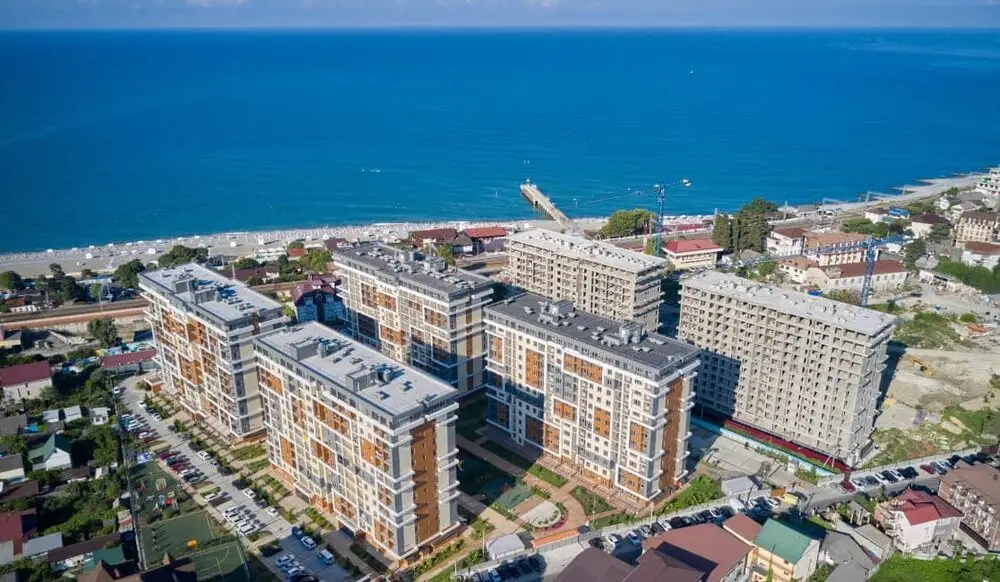Portugal continues to attract many people with its mild climate, rich culture, and growing economic opportunities. For many who choose this country to live in, obtaining Portuguese citizenship through naturalization becomes an important step, opening doors to new perspectives and full participation in public life. However, like in any other EU country, the process has its own peculiarities and strict requirements. In this article, we will examine in detail how everything is arranged, what conditions need to be met, and what stages need to be completed on the path to obtaining the desired passport.
On what grounds is citizenship granted through naturalization in Portugal
Obtaining citizenship through naturalization in Portugal is strictly regulated according to the criteria approved by Law No. 37/81. The basic conditions include residing in the country for a minimum of five years. This period is shortened in case of marriage to a citizen of the republic or origin from Portuguese-speaking countries.

But not only the years matter, also taken into account are:
- having a legal domicile (official address);
- lack of criminal record;
- confirmed income;
- stable employment or means to support oneself;
- level of integration into society.
The law excludes the possibility of “buying” status through formalities. Each applicant must demonstrate real involvement in the country’s life.
Path to citizenship: what is needed for integration
Portugal requires confirmation of integration through language proficiency, knowledge of history, and traditions. The candidate takes the CIPLE exam (A2 level), where the focus is not on philological sophistication, but on the ability to understand, speak, and write at a basic level.
Participation in daily life remains mandatory — renting a house, paying utility bills, medical services, and even activity in the tax system. Genuine immigration means not only relocation but also participation in society’s life.
Procedure for obtaining citizenship
Portuguese registration authorities operate in a digital rhythm. Online appointments, electronic submission of applications, checking the status of applications on the IRN platform — standard.
How to obtain citizenship through naturalization:
- Collect certificates of residence, income, lack of criminal record.
- Confirmation of residency (having a residence permit or permanent residency).
- Payment of a fee of 250 euros.
- Successful completion of the language exam.
- Completion of the process by swearing allegiance to the Republic.
The application processing time is from 6 to 18 months depending on the region and workload of the IRN.
When citizenship through naturalization is not available?
Naturalization is only allowed for those who fully meet the requirements — without compromises or shortcuts. Violation of even one of the criteria jeopardizes the entire process of acquiring national status.
Government authorities refuse to grant citizenship if the applicant:
- provides false information;
- does not actually reside in the country;
- has criminal episodes in their history;
- demonstrates insufficient language proficiency.
In case of refusal, reapplication is possible, but only after addressing the reasons that led to the negative decision. It is a process where reputation plays a role as a currency of trust.
Key points to know about obtaining citizenship through naturalization in Portugal: summary
Citizenship begins not with a passport, but with compliance with clear legal requirements. In Portugal, these conditions are not a formality but a real filter that only prepared and involved individuals pass through.
To become a citizen through naturalization, one must consider the following factors:
- Having a legal domicile for at least 5 years.
- Legal residency — temporary or permanent.
- Confirmed stable income or employment contract.
- Lack of a criminal past.
- Confirmation of Portuguese language proficiency at A2 level.
- Involvement in the public and tax system.
- Successful completion of the language exam and oath.
- Respect for the country’s laws and adherence to its constitutional principles.
These criteria form not a bureaucratic list but a profile of a person ready to fully become part of Portuguese society. Only real compliance with all points guarantees progress towards citizenship through naturalization in Portugal.
Citizenship through naturalization in Portugal: simplifications and exceptions
Some categories of foreigners obtain status through a simplified procedure. Among them are:
- individuals born in the republic to foreign parents with legal status;
- spouses and partners of Portuguese citizens (after 3 years of cohabitation);
- citizens of Portuguese-speaking countries (Brazil, Mozambique, Angola, etc.);
- refugees who have obtained status in the republic.
In specific cases, the residency period is shortened, and the exam is replaced by alternative proofs of integration.
Risks and mistakes in document submission
Mistakes in submission are a common reason for refusals. The following errors are encountered in practice:
- lack of confirmed income;
- incomplete document package;
- ignoring the exam;
- applying with a residence permit instead of permanent residency;
- violating the minimum residency period.
To avoid risks, the applicant checks compliance with citizenship acquisition conditions in advance and prepares documents according to the IRN regulations.
Alternative to citizenship through naturalization: real estate investments
For those not willing to wait 5 years, there is a faster way. The real estate investment program allows eligibility for citizenship through naturalization in Portugal already after 5 years of obtaining the “golden visa” issued for investments starting from 500,000 euros (or from 350,000 euros for restoration projects).
Key advantages of the scheme:

- no requirement for permanent residency (7 days a year is sufficient);
- flexibility in asset management;
- opportunity to obtain a passport, opening visa-free doors to 191 countries.
This program combines legality, strategy, and acceleration of the process without strict integration conditions. Thanks to real estate investments, obtaining citizenship becomes accessible even with minimal physical presence in the country.
Conclusion
Citizenship through naturalization in Portugal does not offer easy paths but is built on clear, legal, and achievable grounds. This path is suitable for those who have not just moved but have rooted themselves. For those choosing the path through real estate investments, a faster route opens up.
 en
en  ru
ru  de
de  ar
ar  es
es  nl
nl  hi
hi  fr
fr  it
it  pt
pt  el
el 













